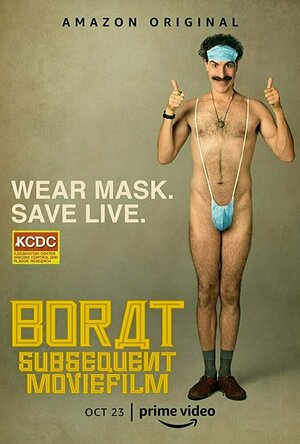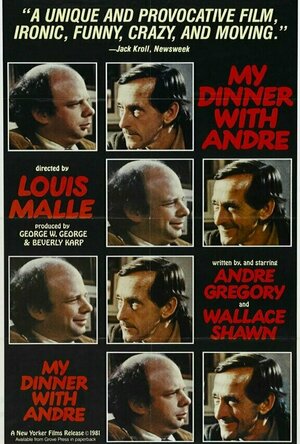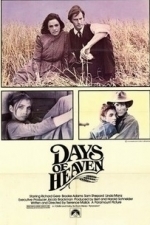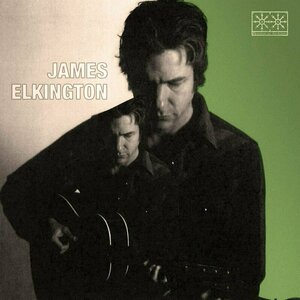
Brett Eldredge by Brett Eldredge
Album
Singing country music with a soulful edge and more than a dash of pop polish, Brett Eldredge was...

Hariri and Hariri Architecture
Book
Regarded by critics to be one of the most progressive American firms to be seen in the last 30...
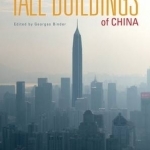
Tall Buildings of China
Book
Presents the latest tallest buildings and skyscrapers in China. Featuring the tallest buildings and...
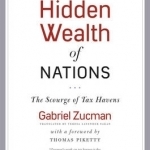
The Hidden Wealth of Nations: The Scourge of Tax Havens
Book
We are well aware of the rise of the 1% as the rapid growth of economic inequality has put the...
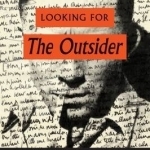
Looking for the Outsider: Albert Camus and the Life of a Literary Classic
Book
The Outsider is a rite of passage for readers around the world. Since its publication in France in...
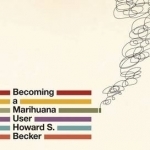
Becoming a Marihuana User
Book
OG Kush. Sour Diesel. Wax, shatter, and vapes. Marijuana has come a long way since its seedy days in...
BankofMarquis (1832 KP) rated Borat: Subsequent Moviefilm (2020) in Movies
Apr 19, 2021
I have heard the following words and phrases used to describe the BORAT films: daring, ingenious, hilarious, cringe-inducing, smart, dumb, original and important. I would add one other word to this list:
Boring.
Sitting on the screen for and hour and a half like a Saturday Night Live skit that is being stretched too long, BORAT SUBSEQUENT MOVIEFILM held my attention for about the first 15 minutes where I thought that it was kind of funny and clever. And then it went on…and on…and on…running the same “sabotage” joke into the ground, pulling unsuspecting innocents into the outrageous world of Borat (though, I have to admit that most of these “unsuspecting innocents” knew exactly what was going on and were playing along).
Sasha Baron-Cohen is a smart filmmaker, writer and performer and he has earned the right to do whatever he feels like he wants to do. I prefer him in such movie fare as SWEENEY TODD, LES MISERABLES and the recent TRIAL OF THE CHICAGO SEVEN. But, if he feels like he wants to do things like Borat, who am I to argue. He certainly puts his all into the character, the scenarios and the guerilla film-making that is required, so good for him.
Maria Bakalova is nominated for a Best Supporting Actress Oscar as she plays Borat’s daughter who accompanies him on his journey across America. It is a “fine” performance and brings something that this film sorely needs - heart. But Oscar worthy? I don’t think so.
I must also give credit to the filmmakers for pivoting when the pandemic hit. They were in the middle of creating this (obviously) anti-Trump political farce of a film when Covid-19 forced them to pivot - and pivot they did, making this film as much about the virus than it is about politics.
Ultimately, this is a case where I can admire the attempt, the art, the craftmanship and skill and talent needed to pull this movie off. But as a film, it just didn’t go anywhere and I found myself looking at my watch wondering when this film would be over.
And…no…I don’t think I’ll go back a “catch-up” on the first BORAT film.
Letter Grade: C+
5 stars (out of 10) and you can take that to the Bank(ofMarquis)
